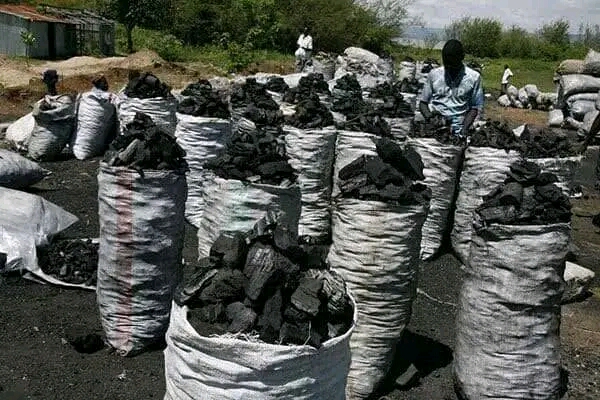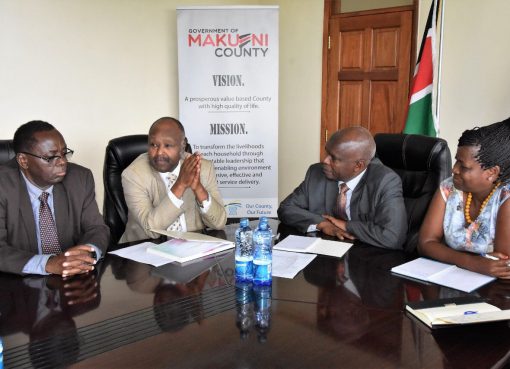In a bid to combat high cases of deforestation and promote sustainable energy solutions, Nyeri town is witnessing a shift towards the use of cheaper and efficient fuel sources.
This innovative approach not only helps address environmental concerns but also provides communities with an accessible and affordable energy pool.
The move, which has gained momentum over the past three years, has also seen the production of briquettes made from agricultural waste, sawdust and varied organic matter.
The briquettes offer an eco-friendly environment contrary to the traditional charcoal made from bark of trees which burns at lower temperatures thus producing more smoke which is harmful to one’s health.
Irene Muturi, a baker and a seller of charcoal briquettes insists that at this time individuals shifted into the use of eco-friendly energy sources whose cost is pocket friendly.
“A bucket of charcoal briquette’s retails for sh200 which is much lower compared to the conventional charcoal. A sack of the briquettes goes for sh.1,400. These prices are quite friendly and affordable by most citizens,” says Muturi.
Muturi says since she started the business back in 2019 with a paltry sh.2,500, she has literally been living from the earnings.
Her sales have also been on an upward trajectory she says that each year from 480 sacks in 2019 to 1,200 sacks last year.
The demand for briquettes is growing rapidly among residents of Nyeri town with many acknowledging the economic advantages.
Briquettes burn longer and produce minimal smoke compared to traditional charcoal, making them a popular choice for households and eateries.
“Switching to briquettes has enabled me to save money besides improving the air quality in my kitchen. Customers no longer complain of excessive smoke while taking their meals. I would like to urge other eatery operators to make a shift to the use of charcoal briquettes.” asserts Damaris King’ori who runs a restaurant at the Nyeri main matatu terminus.
The County government has also recognized the importance of using briquette charcoal and is providing support through policy frameworks that promote clean energy use and sustainability.
Since his election into office, Governor Dr Mutahi Kahiga has been popularizing the use of energy saving cookers as part of mitigation measures against ravages of climate change.
Under the Financing Locally Led Climate Action Program ((FLLoCA), the County through the Department of Water, Environment, and Climate Change has supplied the fuel efficient jikos to 29 ECDE learning institutions within the last two years.
The Department intends to cascade this information to the communities especially among vulnerable and low-income earning families to enable them to adopt cookers that not only consume cheap fuel but also emit less smoke.
The initiative was borne during the Participatory Climate Risk Assessment Change forums in 2023 to help identify climate change risks and come up with adaptation measures.
“The energy saving jikos program is to ensure there is environmental conservation and protection through reduction of reliance on fuel wood and ultimately sustainable forest management. When you visit most homes, they are using the traditional three stone hearth and you know these have other effects that lead to air pollution,” says Nyeri County Climate Change Director Yvonne Mathenge.
“We want to save on the amount we use on fuel wood as well as help in safeguarding the health of the person who is working around that space.”
Ms Mathenge said compared with other traditional jikos, the new cookers have been found to conserve heat up to 95 per cent owing to the material used and its few air vents.
However individual users are at liberty to choose the type of fuel to use depending on the availability and affordability of each.
She says the majority of learning institutions they have visited are either using wood fuel but a number of others have switched to charcoal pellets, saw dust and briquettes.
And with growing awareness and adoption of alternative sources of energy, Nyeri could lead in pushing for community-driven energy sources solutions as one way of fighting against climate change and environmental degradation.
By Samuel Maina and John Bacha





